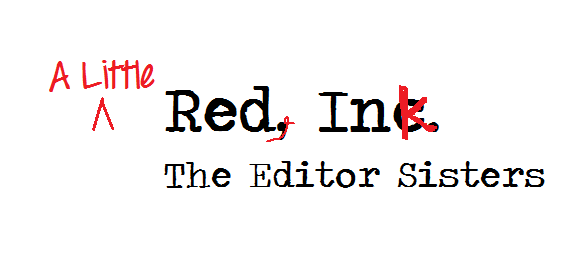
Help Me with My Book!
As more books are published in a variety of ways (traditional, self-pub, hybrid, assisted), a whole crop of people…
November 9, 2023
As more books are published in a variety of ways (traditional, self-pub, hybrid, assisted), a whole crop of people…
November 9, 2023
As an acquisitions editor and a former literary agent, I’ve reviewed thousands of book proposals. For any writer who…
October 25, 2023
You’ve written your masterpiece. Or at least a short story, novel, or essay you believe worthy of publication.…
March 26, 2017
Conferences: The Paid Critique So you’re thinking about attending a writers conference, or perhaps you’ve already registered for one.…
July 29, 2016
Today’s tip on Polishing Your Message is . . . Don’t Do That. Do What? Overuse the word that.…
June 30, 2016
Every writer needs an editor or at least a proofreader. Even experienced writers benefit from another pair of eyes…
February 12, 2016
How to Drive an Editor Crazy, Part 2 By Lori Hatcher I’m a magazine editor. Every day I receive…
January 18, 2016
There it was—the flat tire we dreaded finding. After discovering it flat twice that week, the expected deflation was…
November 1, 2015
Punctuation and grammar come easily to me. I remember rules from elementary school, can recite a whole list of…
August 10, 2015